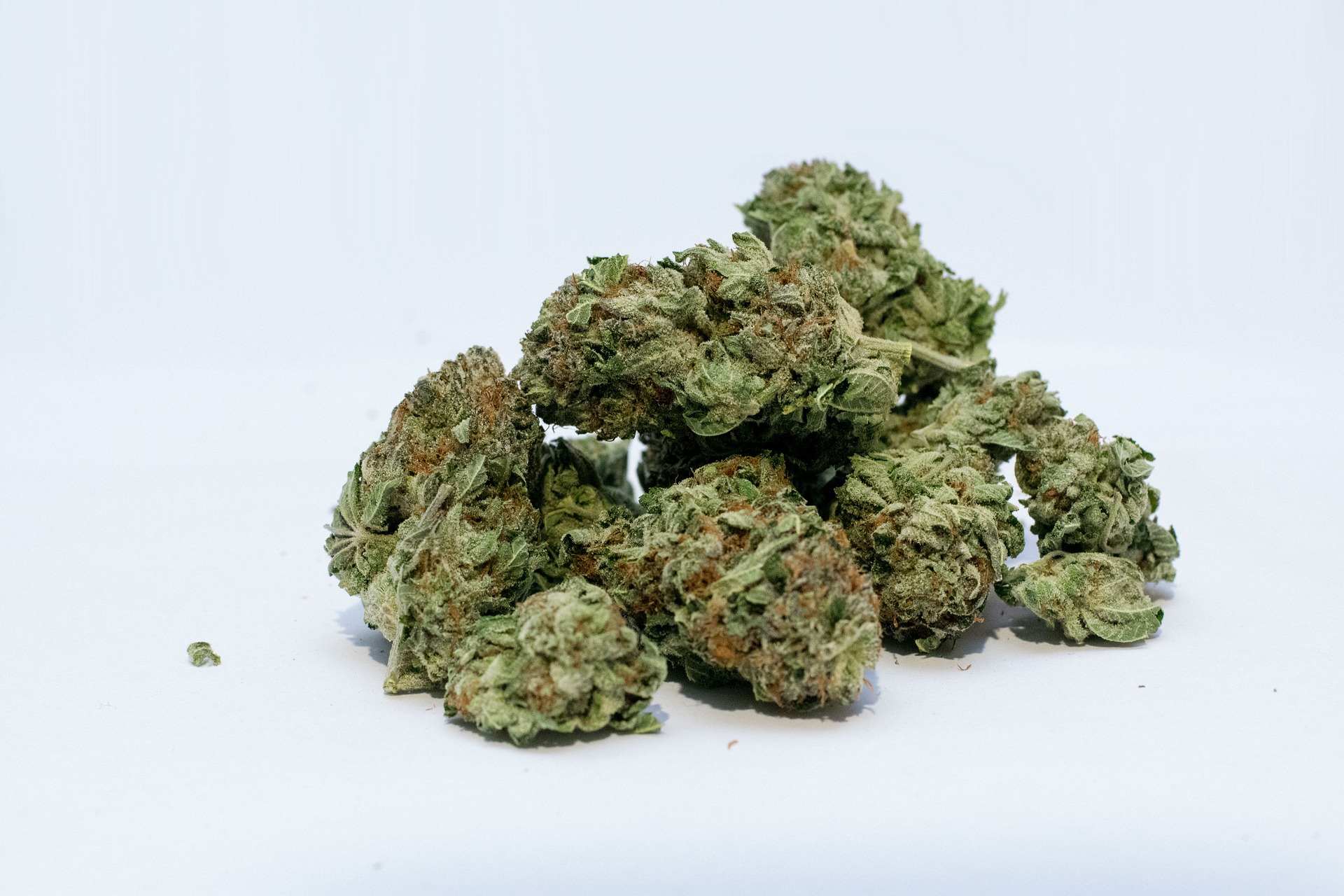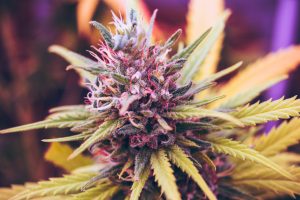The governor of Virginia is ready to take the next step of cannabis legalization. This comes just days after gaining additional support from a legislation commission. Combining both of these creates a perfect opportunity for Virginia to become the next state to legalize cannabis.
 Support From the Governor
Support From the Governor
Gov. Ralph Northam (D) stated earlier this week his strong commitment to lawmakers to legalize cannabis as soon as 2021. Although this is great news, it’s not going to happen overnight, the governor says.
“We are going to move forward with the legalization of marijuana in Virginia. I support this, and I’m committed to doing it the right way,” Northam said.
Earlier this year, Virginia became the 27th state to decriminalize cannabis. Now, the state has all the necessary components to take the next step towards legalization.
Once Virginia can legalize cannabis, it will open the door to many different opportunities that many people don’t realize.
“Marijuana laws have been based originally on discrimination, and undoing these harms means things like social equity licenses, access to capital, community reinvestment, and sealing or expunging people’s prior records,” Northam said.
Fortunately, these benefits are consistent with the report from the Joint Legislative Audit and Review Commission.
Joint Legislative Audit and Review Commission
Just a few days before Gov. Northam’s announcement to legalize cannabis, the Joint Legislative Audit and Review Commission (JLARC)studied this idea. It issued recommendations o how to properly accomplish this task.
“If Virginia legalizes marijuana, the General Assembly would need to make several policy choices,” the commission said in its report. “The General Assembly would need to determine legal limits on the amount of marijuana an individual could possess; where marijuana could legally be smoked or consumed; the legal age for marijuana use; and whether to allow individuals to grow their own plants. Legislators would also need to determine whether to adjust existing penalties for illegal distribution and possession above the legal amount.”
As a result, the commission created 45 recommendations. Additionally, they also gave lawmakers 29 “policy options” that relate to cannabis legalization. These recommendations were based on interviews with more than 100 stakeholders. Finally, the commission studied more than 200 prior reports on this issue.
Recommendations and Findings from the JLARC
Based on the studies and interviews, here are 10 of the top suggestions from the Joint Legislative Audit and Review Commission.
- The state would see an 84 percent reduction in cannabis-related arrests by legalizing marijuana.
- If the state enacted the reform and taxed marijuana sales at a rate of 25-30 percent, it could bring in $154-308 million in revenue annually five years after implementation.
- The cannabis program could also create upwards of 11,000 jobs by year five.
- Legislators should wait to set up the basic market infrastructure before deciding whether to allow cannabis delivery services or on-site consumption.
- Allowing home cultivation would provide a low-cost access option for consumers and, if lawmakers provide for it, they should set a two-to-six plant limit per adult.
- JLARC also said that the legislature should establish restrictions on marijuana labeling and advertising to deter youth consumption.
- Local jurisdictions should have “substantial authority” over how to regulate or whether to allow cannabis facilities. That includes allowing them to set licensing caps on marijuana retailers.
- Members agreed that the industry should be privatized, rather than having the state control it.
- Social equity in the industry could be promoted using a variety of tactics. For example, Virginia could use some tax revenue to support reinvestment programs for communities most impacted by the drug war. Legislators could also prevent vertical integration and provide loans to small businesses.
- The commission said their review of studies on legalization in other states shows that more people would consume marijuana. Still, evidence indicates that youth use would remain the same, if not decline.


 Support From the Governor
Support From the Governor


